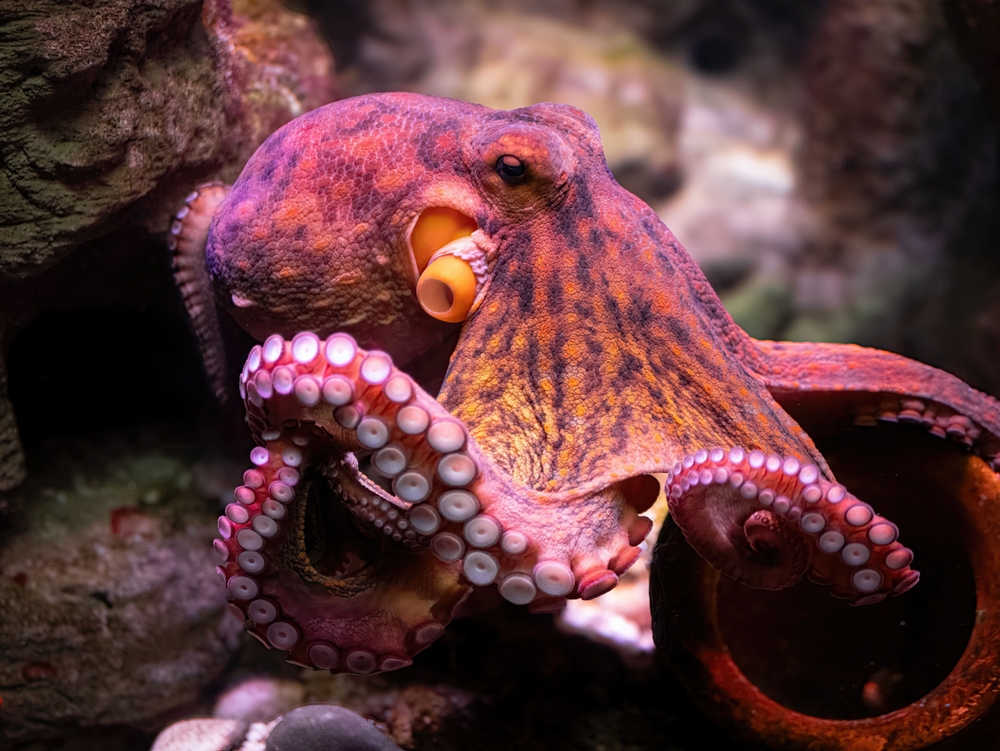Unveiling the Astonishing Intelligence of Octopuses: An Underwater Enigma
An in-depth exploration into the cognitive abilities of octopuses. A journey that will delve into their extraordinary intelligence, learning capabilities, and their fascinating behaviors that continue to puzzle and amaze scientists around the world. The cephalopod family, which includes octopuses, squid, and cuttlefish, are renowned for their intelligence. However, the octopus stands out as particularly intriguing due to its unique cognitive capabilities and behavioral traits. Octopuses have demonstrated impressive problem-solving skills, the ability to learn through observation, and even the capacity for playfulness, a trait usually associated with higher mammals.

A Historical Perspective on Octopus Intelligence
The study of octopus intelligence began earnestly in the 1950s, with a series of experiments conducted by scientists seeking to understand non-mammalian intelligence. Notably, biologist J.Z. Young was fascinated by the octopus’s large brain and complex nervous system. His pioneering work helped to lay the foundation for the scientific appreciation of octopus intelligence.
The Octopus’s Cognitive Abilities: A Current Update
Recent studies have shed more light on the remarkable cognitive abilities of octopuses. They are known to exhibit a range of behaviors indicative of a complex nervous system, from the ability to unscrew a jar to get to food inside, to the construction of fortresses around their dens using collected debris. Surprisingly, the majority of octopuses’ neurons are found in their arms, which can independently taste, touch, and control movement.
The Price and Impact of Keeping an Octopus as a Pet
While some enthusiasts have taken to keeping octopuses as pets, they can be challenging to maintain due to their specific environmental needs and impressive escape skills. A pet octopus can cost anywhere from $30 for common species like the California Two-Spot to $1,000 for larger, more exotic species like the Giant Pacific Octopus. The practice has sparked a debate about the ethical implications, given their high intelligence and the difficulties of recreating their natural habitats in a domestic setting.
Forward: The Future of Octopus Research
The future of octopus research promises exciting developments. Scientists are increasingly interested in understanding the octopus’s complex brain and sensory perceptions, which could shed light on the evolution of intelligence itself. However, such exploration also raises new ethical questions about how we treat these remarkable creatures, both in research and in the wider environment.
In conclusion, the enigmatic octopus continues to captivate and confound us with its extraordinary intelligence and behaviors. As we delve deeper into their underwater world, we may well find that they hold the key to understanding more about the nature of intelligence itself.




